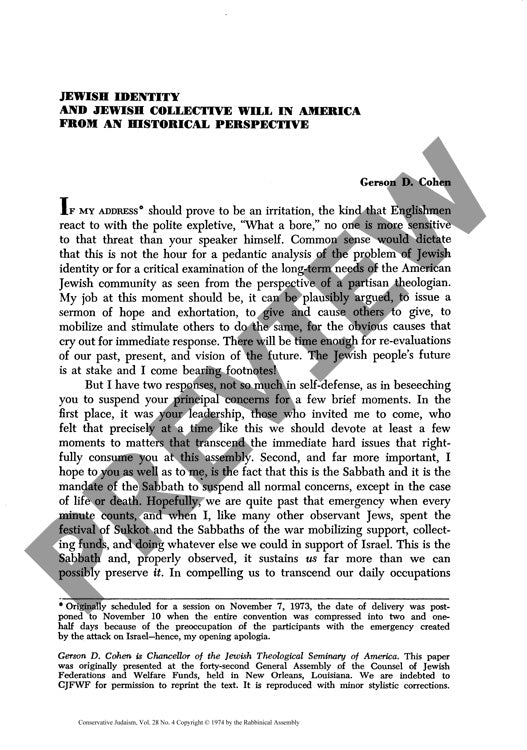Jewish Identity and Jewish Collective Wi
Couldn't load pickup availability
American Jewish communities face a paradox: their remarkable success at social integration has simultaneously weakened the traditional structures that preserved Jewish identity across generations. Drawing on comparative historical examples from medieval Spain and interwar Poland, careful analysis reveals how American Jewish leadership initially adapted communal organization to modern conditions through robust philanthropic and social institutions. Yet despite heightened concerns about Jewish survival following the Holocaust and Israel's establishment, community resources now flow disproportionately to secular agencies rather than the religious and educational institutions most crucial for transmitting Jewish values and identity. The horizontal continuum of Jewish life that historically sustained community cohesion has eroded not through pedagogical failures, but through systematic underinvestment in denominational education and higher Jewish learning. This misalignment of resources undermines the very institutions that historically produced effective communal leadership and scholarship. The evidence suggests that sustainable Jewish continuity requires a fundamental shift in communal priorities - redirecting support toward organizations that most effectively cultivate Jewish identity, purpose and collective will.

More Information
-
Physical Description
-
Publication Information
Published 1974
ISBN
-
Publication Credits
Gerson Cohen

